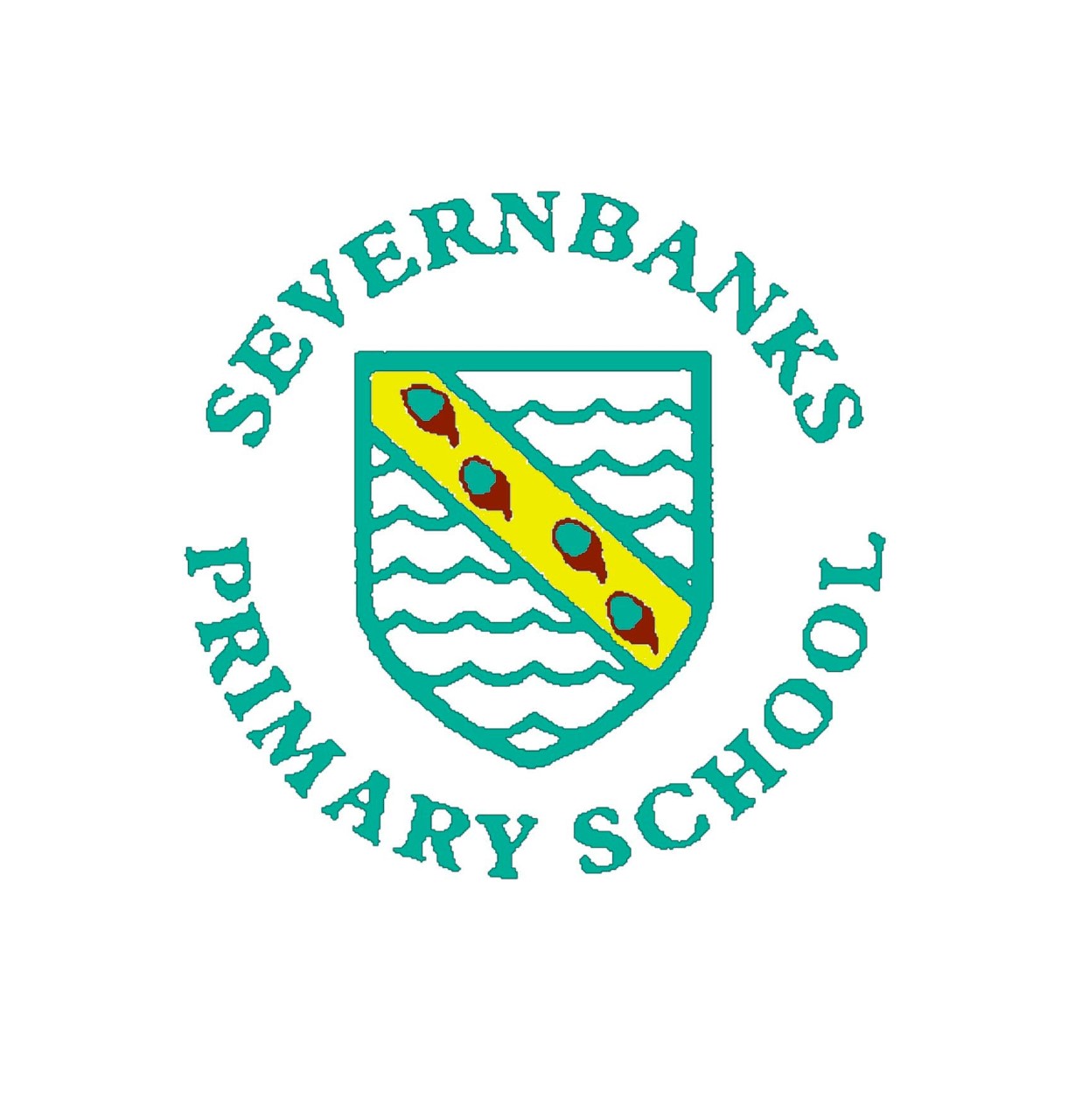P4C/Thinking Skills
Philosophy for Children / P4C
‘Philosophy for children aims not only to strengthen good reasoning, inquiry and concept-formation but to cultivate an intellectual and social virtue, to bring about the transformation of persons into more reasonable individuals committed to the creation of a reasonable world. Another way of saying this is to say that Philosophy for Children aims at the cultivation of wisdom.’
Quotations from ‘The Ethics of Translation’ by Ann Margaret Sharp.
During our P4C lessons at Severnbanks Primary School, we notice how children focus on their thinking skills and communal dialogue whilst aiming to build 'communities of enquiry' where participants develop the 4C's: creative, critical, caring and collaborative skills.
- Caring = listening (concentrating) and valuing (appreciating) (e.g. showing interest in, and sensitivity to, others’ experiences and values
- Collaborative = responding (communicating) and supporting (conciliating) (e.g. building on each other’s ideas, shaping common understandings and purposes)
- Critical = questioning (interrogating) and reasoning (evaluating) (e.g. seeking meaning, evidence, reasons, distinctions, and good judgements)
- Creative = connecting (relating) and suggesting (speculating) (e.g. providing comparisons, examples, criteria, alternative explanations or conceptions)
Thinking Skills
The ability to learn and apply new skills effectively throughout our lives is a fundamental requirement for today's children living in an increasingly technological driven world.
Successful lifelong learners need the ability to learn, whether in school, at work or at home.
Definitions
Thinking skills can be defined as patterns of thinking that help learners go beyond just recalling information. It enables learners to explore and make sense of their world, to reason and problem solve, as well as to plan, create and invent. Although we are all born with a capability to think, there is ample evidence that we can learn to think more skilfully. Thinking skills refer to processes of thinking and learning and is part of 'learning to learn'.
Assessment for Learning is the process of finding out where learners are within a learning continuum, where they need to go and how best to get there.
Fundamental Principles
- Intelligence is modifiable.
- Belief that every learner can improve.
- Deep understanding is more important than superficial learning.
- Learners need explicit strategies for how to learn.
- Challenge and interest can lead to motivation.
- Participation is valued.
- Collaboration (learning with others) will allow learners to take greater educational risks and take their learning forward.
- Metacognition (thinking about thinking) is at the heart of the learning and teaching process.
- Learners need feedback to evaluate their progress in learning.
- Skills and knowledge must be transferred both within the school and in the wider world.
https://www.thinkingschoolsinternational.com/
